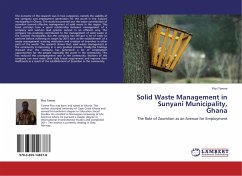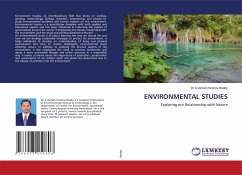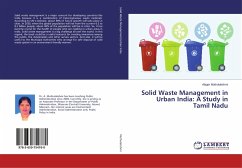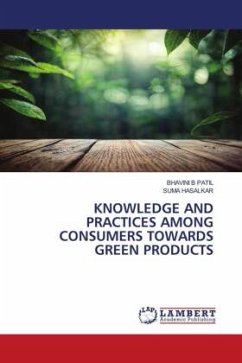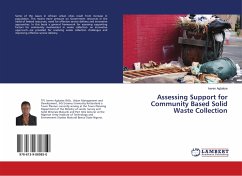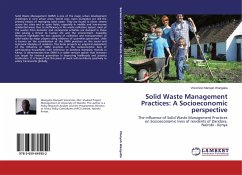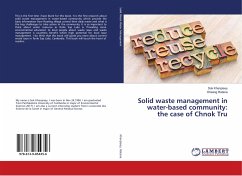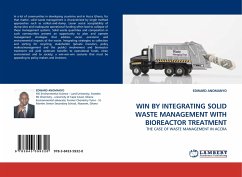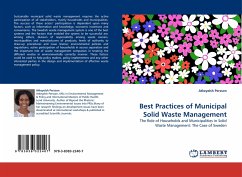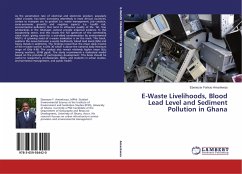
E-Waste Livelihoods, Blood Lead Level and Sediment Pollution in Ghana
Versandkostenfrei!
Versandfertig in 6-10 Tagen
41,99 €
inkl. MwSt.

PAYBACK Punkte
21 °P sammeln!
As the penetration rate of electrical and electronic product, popularly called e-waste, has been increasing relentlessly in most African countries, certain to transpire are its positive (i.e. waste management, job creation, socio-economic growth) and negative aspects (i.e. health risk, environmental pollution) that tend to influence quality of life. Yet, few scholarships in the Ghanaian context provide empirical evidence to this burgeoning sector, and this clouds the full spectrum of the commodity value chain, giving room for a one-sided condemnation by environmental NGO's. A growing need of e...
As the penetration rate of electrical and electronic product, popularly called e-waste, has been increasing relentlessly in most African countries, certain to transpire are its positive (i.e. waste management, job creation, socio-economic growth) and negative aspects (i.e. health risk, environmental pollution) that tend to influence quality of life. Yet, few scholarships in the Ghanaian context provide empirical evidence to this burgeoning sector, and this clouds the full spectrum of the commodity value chain, giving room for a one-sided condemnation by environmental NGO's. A growing need of e-waste evaluation is on the mark. This book, explores the nexus between e-waste livelihoods, blood lead levels (blls) and heavy metals in sediments. The findings reveal that the mean daily income of the e-waste worker is GH Ct. 30 which is above the national daily minimum wage of GH Ct. 4.48. The analysis also reveals relatively higher mean BLLs among workers, 39.48 µg/dL. The study recommends a federated model based on the principle of participatory development. This book should be useful to researchers, professionals, NGOs, and students in urban studies, environmental management, and public health



